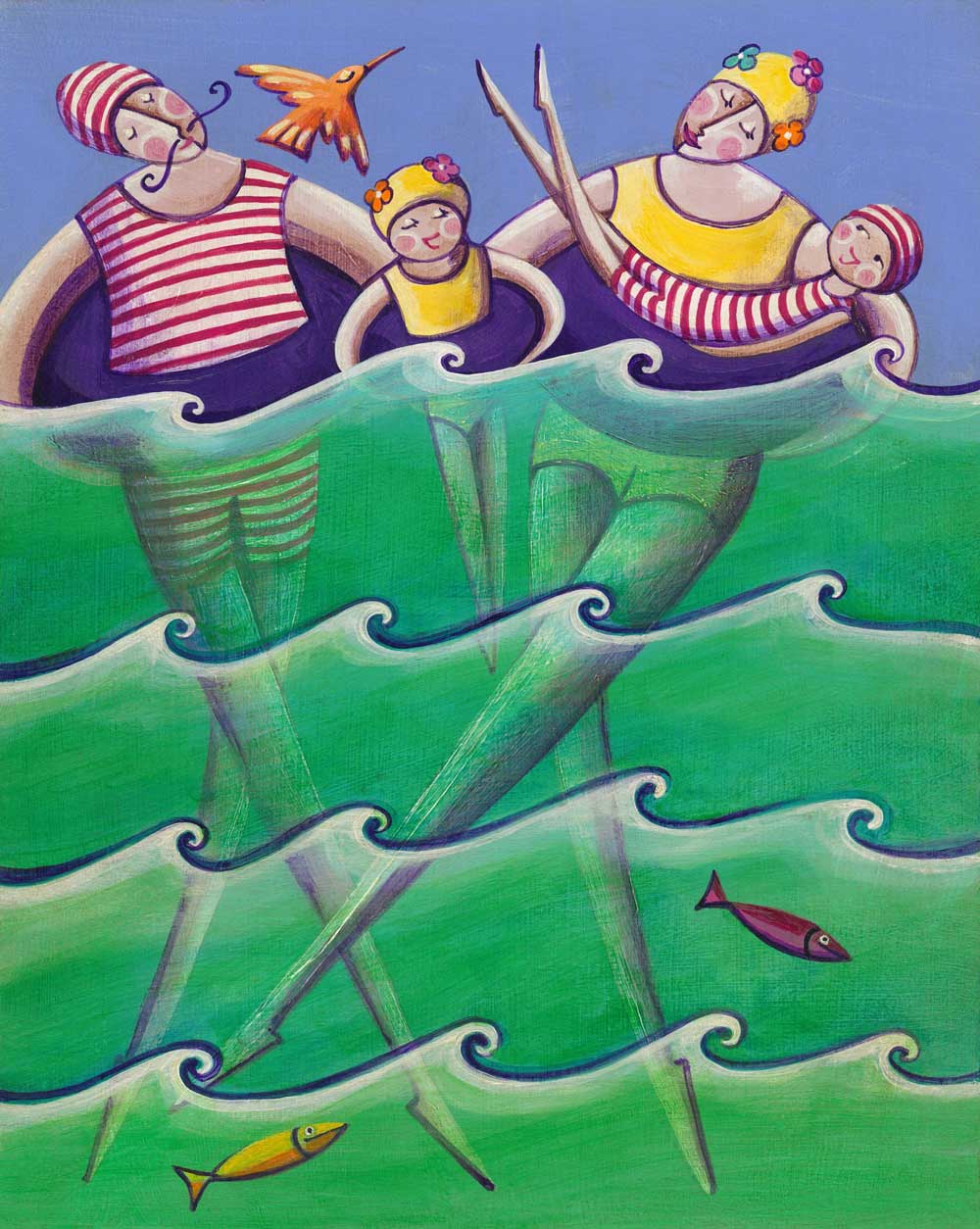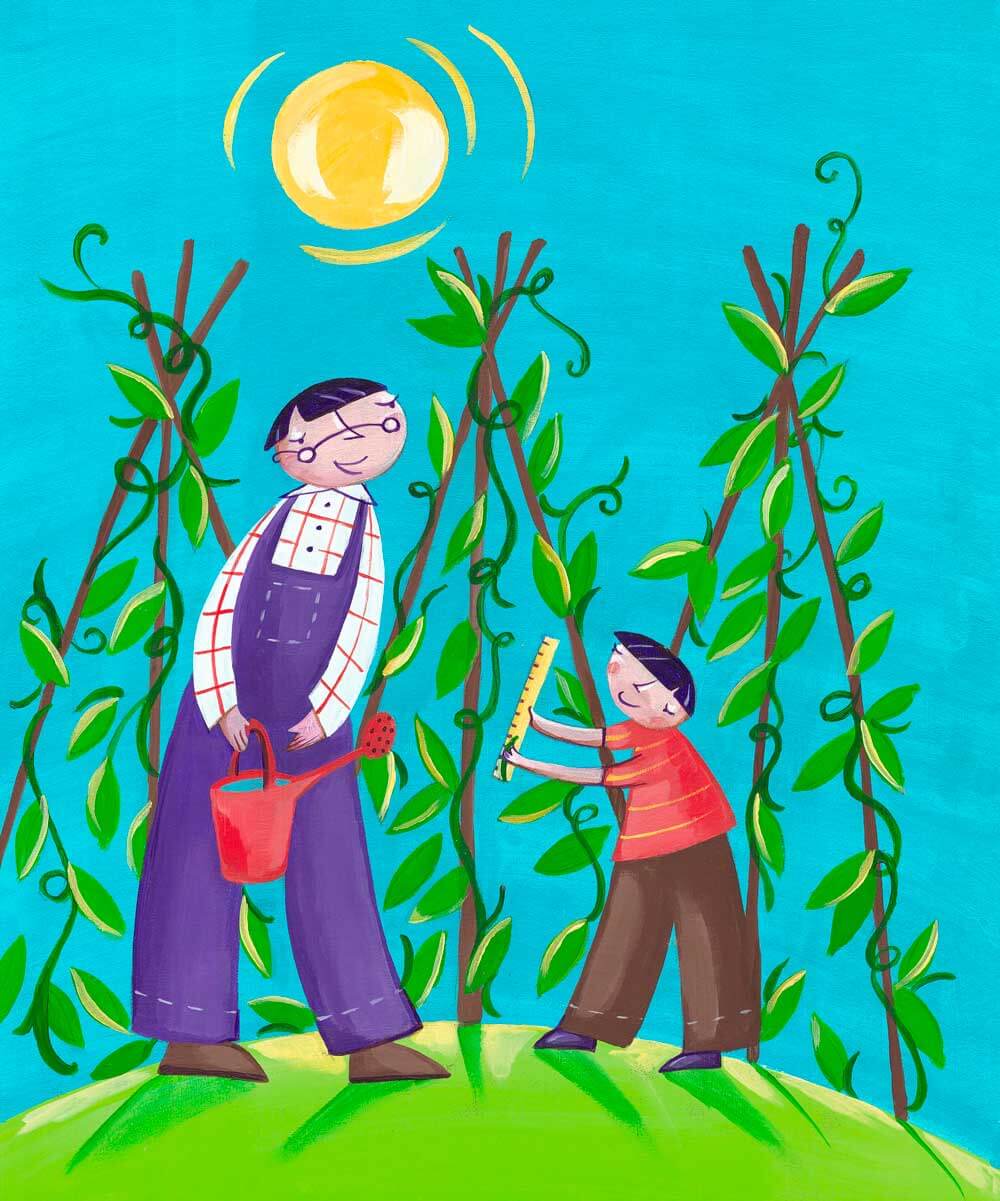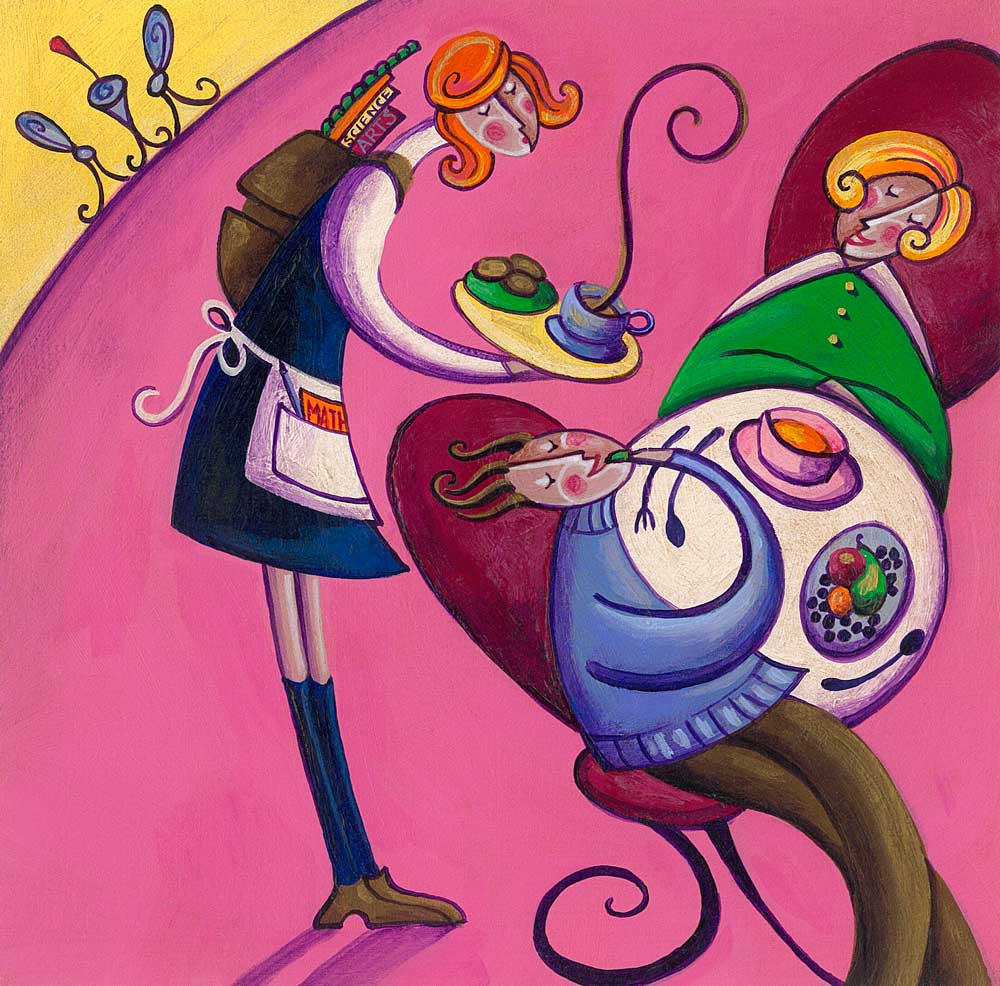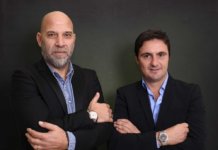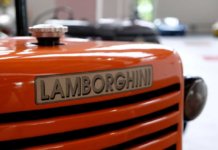Many family businesses and entrepreneurs around the world have formally or informally based their businesses on a social vision, or have integrated responsible measures and behaviours into their value chains. Family owned business by their nature have a long-term strategic orientation whereby providing a healthy business and environment to future generations is a priority. This coupled with a natural embeddedness in the community leads family businesses to often quite naturally be involved in caring for and protecting society and the environment. Here are four notable examples:
Boll & Branch
A quality mattress and comfy sheets are undoubtedly two important ingredients for a good night’s sleep. How many people, however, stop to think about where their bedding comes from, or how their purchases affect the people who make the linens? These are questions Missy and Scott Tannen asked themselves while frustratingly shopping for sheets in 2013. The couple could not figure out whether the cotton was organic, and did not understand why bedding was so expensive to begin with. Upon further research, they realised the average mark-up was an astounding 400–600%, even though the industry did not observe fair or ethical labour practices. The principled couple decided to start a luxury bedding family business, selling organic, quality textiles made by well-paid workers. Today Boll & Branch is one of the fastest growing home textile brands. More importantly, it is the first home textile company to receive Fairtrade Certification thanks to fair wages and above-standard working conditions for cotton farmers and factory workers in India. In addition to its commitment to supply chain sustainability, the family firm also donates a portion of its sales to a non-profit dedicated to eradicating human trafficking.
[ms-protect-content id=”4069, 4129″]
Armani
The Armani family business is world renowned for elegant design. Its range of haute couture, leather goods, and jewellery are synonymous with high-end Italian luxury. In 2010, Armani oriented brand attention to the issue of clean water, announcing partnerships with Green Cross International and the UNICEF Tap Project to help raise awareness about and improve access to safe drinking water. The Aqua for Life initiative was launched in collaboration with the Green Cross. Every time an item from Armani’s Aqua Di Gio Fragrance Collection is purchased, a child is provided with 100 litres of clean water. The UNICEF Tap Project makes use of the fashion label’s creative flair: “For every 10 minutes you don’t touch your phone, our sponsors and donors will make a donation to support the UNICEF Tap Project.” The Armani brand is of course amongst the benefactors. Now in its fifth year, Armani’s clean water initiative has supported projects in 80 communities around the world, and has raised over $2.3 million – the equivalent of 92 million days of clean drinking water.
Guittard Chocolate
Etienne Guittard founded the Guittard Chocolate Company in San Francisco nearly 150 years ago, in 1868. Now in its fifth generation, the family-owned business is the oldest chocolate company in the United States. Known for its high-quality, globally sourced cocoa, Guittard is actively involved in ensuring a better quality of life for cocoa farmers, and in developing sustainable farming practices through various funds and partnerships, such as the Cocoa Livelihoods Program. The company’s commercial activities also uphold its social commitment. They are licenced under the Fairtrade Labelling Organization (FLO) for providing greater profit to cocoa farmers and for sourcing Rainforest Alliance Certified cocoa beans. Current CEO, Gary Guittard, also founded the grassroots organisation, Don’t Mess with Our Chocolate, to fight mass-market producers wanting to lower the amount of cocoa butter required by the FDA to label a product “chocolate”. Needless to say, Guittard’s efforts succeeded. American chocolate lovers can continue savouring rich, delicious cocoa.
Tyson Foods
As one of the largest producers of meat and poultry in the world, Tyson Foods knows a thing or two about feeding hungry customers. In addition to its massive line-up of processed food products, the family business supplies chicken to global fast food brands such as KFC and McDonald’s. What many may not realise is that Tyson is also actively involved in feeding those in need. In 1999, Tyson Foods assessed its charitable programs and decided to help fight hunger in the United States. In the decade that followed, the company became a leader in domestic hunger relief, donating more than 76 million pounds of Tyson products to food banks and disaster relief agencies. The company has actively engaged its 117,000 employees in the fight against hunger. Internal fund raising and awareness programs have generated more than $350,000. Tyson Foods also established a web presence, Tyson Hunger Relief, which includes both a blog and active platform where users can acknowledge hunger-fighting initiatives in their own communities. The company also manages Twitter and YouTube accounts that help raise awareness about relief efforts.
Tharawat Magazine, Issue 26, 2015
[/ms-protect-content]



